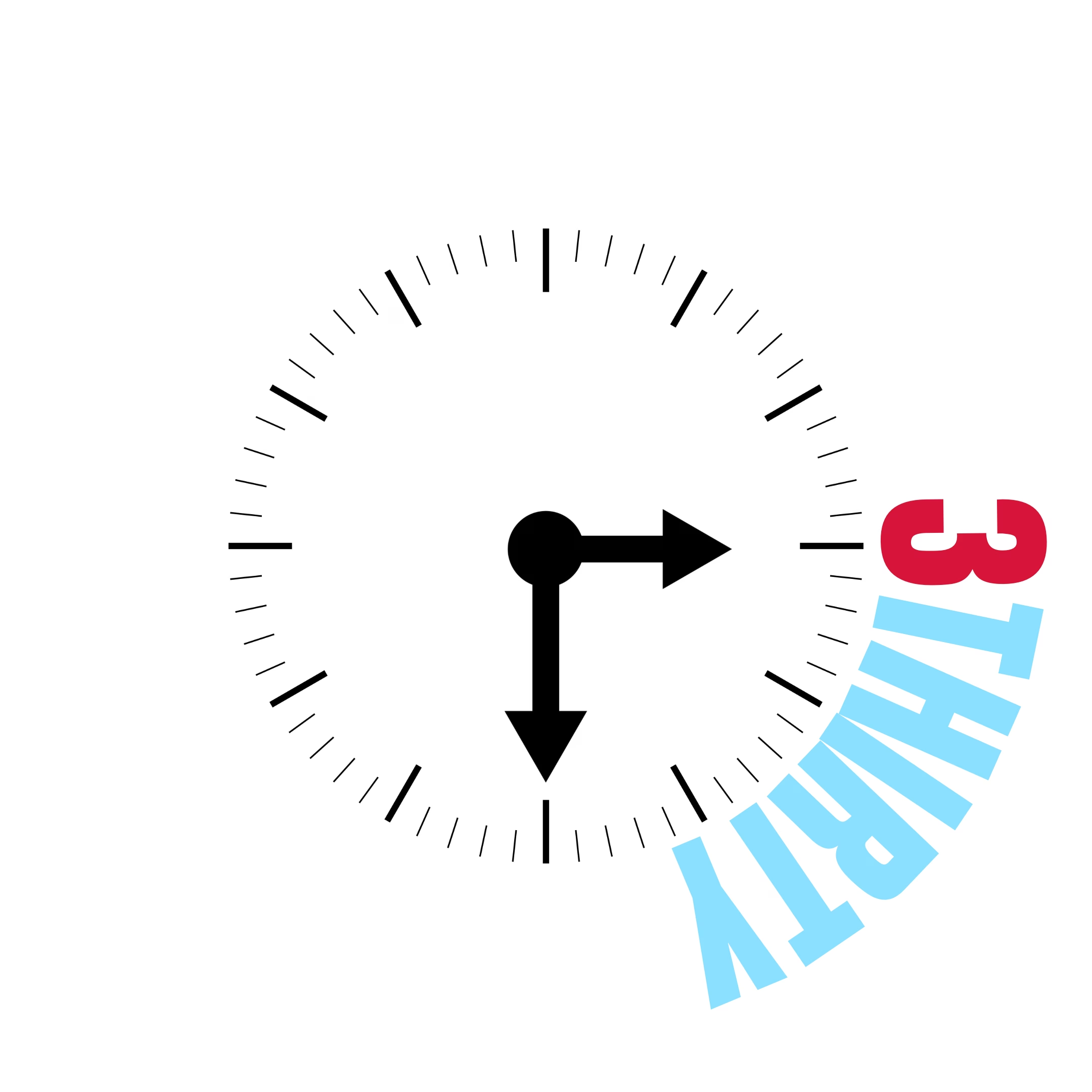Are you looking to advance your career in administration within the public sector? The Administration Supervisor position at Community Corrections offers a unique opportunity to make a meaningful impact while gaining invaluable experience in government operations. This comprehensive guide will walk you through everything you need to know about the role, the application process, and […]

Application Guide: Become an Administration Supervisor in Western Sydney
|
|
Posted:




